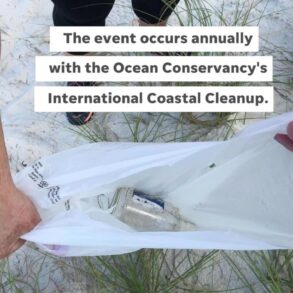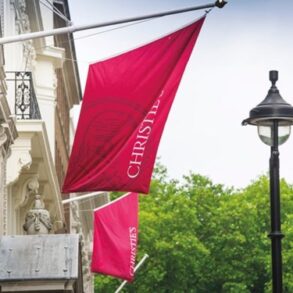
A federal judge on July 8 sentenced two members of a Washington state family for selling more than $1 million of Filipino-made products which were marketed as authentic “Alaska Native produced artwork.” The scheme involved two Ketchikan shops for about five years, according to the U.S. Attorney’s Office for the District of Alaska.
The family members were ordered to pay restitution, complete home confinement and community service, and write apology letters for violating the federal Indian Arts and Crafts Act (IACA).
Glenda Tiglao Rodrigo, 46, was sentenced to serve up to six months’ home confinement and 240 hours of community service, and Christian Ryan Tiglao Rodrigo, 24, was sentenced to serve up to three months’ home confinement and 200 hours of community service for participating in the scheme, according to court documents.
The sentencing comes after Cristobal “Cris” Mango Rodrigo, 59, a co-conspirator in the scheme, was sentenced in August 2023 to serve two years in prison for violating IACA. Rodrigo’s sentence was reduced to 18 months in June 2024 but remains the longest sentence that anyone has received for an IACA violation in the U.S., according to the Indian Arts and Crafts Board.
According to charging documents filed in U.S. District Court in Juneau in March 2023, the three family members resided in Washington state while they sold carvings imitating traditional Alaska Native designs out of two stores in Ketchikan from April 2016 to December 2021. Under the Indian Arts and Crafts Act, it is illegal to sell goods and falsely suggest that they were made by a member of an Indigenous tribe in the U.S.
The family members and their Alaska-based employees in 2019 and for part of 2021 sold more than $1 million worth of fraudulent carvings from their Ketchikan shops, according to the U.S. District Attorney’s Office.
The three defendants are required to pay more than $54,000 in combined restitution, the U.S. Attorney’s Office said this week. As a part of their sentence, each of the defendants also is required to write a letter of apology to be published in the Ketchikan Daily News.
The three defendants in April 2023 pled guilty to one felony count each of conspiracy and misrepresentation of Native-produced goods.
According to the March 2023 charging documents, Cristobal Rodrigo owned and operated Rail Creek in Ketchikan, which mostly sold imitation totem poles, while Cristobal and Glenda Rodrigo were joint owners and operators of Alaska Stone Arts, in Ketchikan, which mainly sold stone carvings imitating Tlingit and other Indigenous designs. Christian Rodrigo was an employee of both businesses and helped operate the stores.
Glenda Rodrigo was the sole owner of Rodrigo Creative Crafts, the company she created and operated in Concepcion, Tarlac Philippines. Glenda Rodrigo was instructed by Cristobal Rodrigo to set up the business and hire Filipino employees to produce stone carvings and carve wood totem poles in Alaska Native designs and styles, according to charging documents.
The announcement published Tuesday states that Cristobal Rodrigo had worked in Alaska shops and stores producing stone carvings that were marketed in the tourist trade for more than 20 years before the period covered in the IACA case against him.
In about 1998, Cristobal Rodrigo went to the Philippines to teach Filipino carvers how to carve stone in Alaska Native designs and styles.
Rodrigo Creative Crafts “was created for the sole purpose of producing carvings featuring Alaska Native designs and motifs using Philippine labor,” the U.S. Attorney’s Office said in a news release on July 9. “These carvings were shipped to the U.S. and then to the family’s stores in Ketchikan, where they were later sold as authentic Alaskan Native art.”
The Rodrigos also hired Indigenous people to sell artwork for Alaska Stone Arts and Rail Creek and to represent the art as Alaska Native works.
“The workers told customers that they were all related family working in the store and the art was all produced from locally sourced materials and made by Alaska Natives,” the U.S. Attorney’s Office said in its statement.
Indian Arts and Crafts Board Director Meredith Stanton said in a news release July 9 that the truth-in-marketing law is “intended to rid the Alaska Native and Indian arts and crafts marketplace of fakes and counterfeits, in order to protect the economic livelihoods and cultural heritage of Alaska Native (artists) … as well as the buying public.”
This post was originally published on this site be sure to check out more of their content





